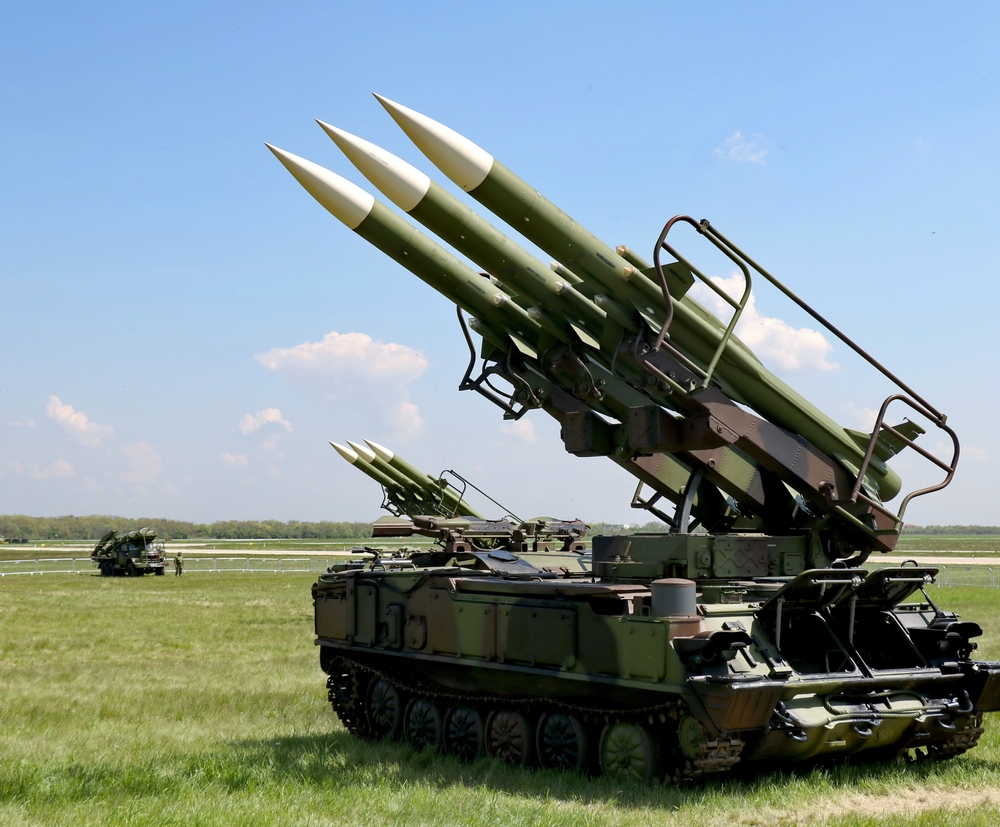It is focusing on the joint production of advanced military equipment
Others are reading now
Japan and the United States have agreed to enhance their defense cooperation, focusing on the joint production of advanced military equipment, including AMRAAM air-to-air missiles and Patriot PAC-3 missile defense systems.
Threats From China and North Korea
This initiative aims to strengthen the defense capabilities of both nations in response to growing security challenges in the region. The decision was detailed in a joint document following a “2+2” meeting of the foreign and defense ministers of the two countries, as reported by Tass
The document, though not yet officially released, emphasizes the “crucial importance of extended deterrence,” which refers to the U.S. commitment to defending Japan using both conventional and nuclear capabilities.
This agreement highlights the strategic importance of the U.S.-Japan alliance, particularly in the face of perceived threats from China and North Korea.
Also read
One of the significant developments discussed is the potential creation of a joint command for the 55,000 U.S. military personnel stationed in Japan. Currently, these forces are under the command of the U.S. Indo-Pacific Command based in Hawaii, which faces a 19-hour time difference from Tokyo.
A joint command structure in Japan would streamline operational command and enhance response capabilities.
No Challenge From China
The ministers expressed concerns over China’s actions, which they described as attempts to alter the global order to its advantage.
The discussions also touched on military cooperation between Russia and North Korea, repeating longstanding accusations despite denials from both Moscow and Pyongyang.
Additionally, Japan and the U.S. agreed to deepen their cooperation in cybersecurity and information security.
The joint statement highlighted the rapid expansion of China’s nuclear arsenal as a major strategic concern, labeling Beijing as the “greatest strategic challenge in the Indo-Pacific region and beyond.”
However, Chinese Foreign Minister Wang Yi countered these claims, asserting that China has never posed an “unprecedented strategic challenge” to Japan.


